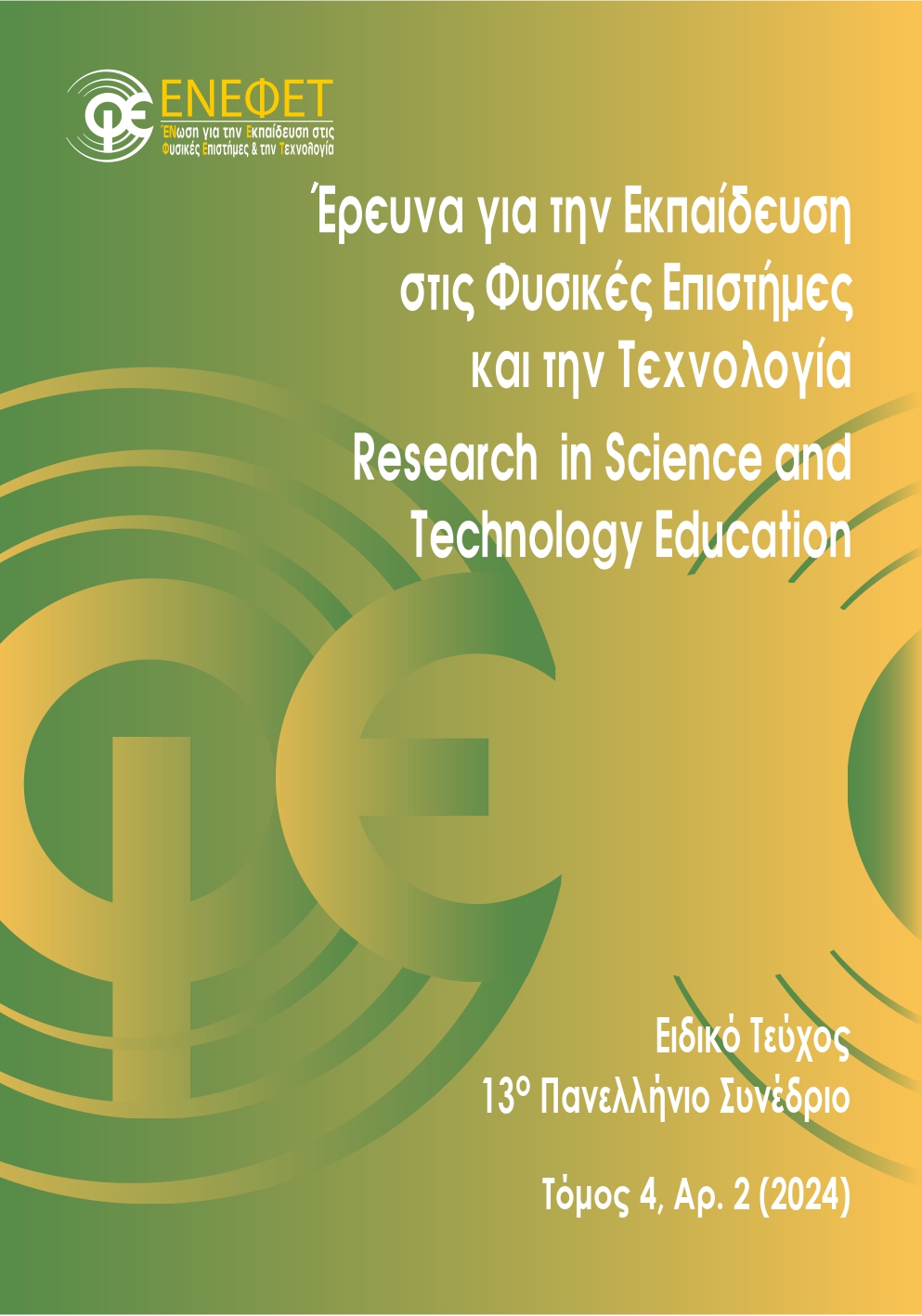Ηθική Σκέψη περί Επισιτιστικής και Διατροφικής Αειφορίας: Η Περίπτωση Μαθητών/-τριών Γυμνασίου

Περίληψη
Η προώθηση αειφόρων προτύπων κατανάλωσης τροφίμων είναι αναγκαίο να στηρίζεται στην παροχή μιας εκπαίδευσης σαφώς προσανατολισμένης στην αποσαφήνιση και διαπραγμάτευση των ηθικών αξιών που εμπλέκονται στις διατροφικές αποφάσεις των καταναλωτών/-τριών. Σκοπός αυτής της ανακοίνωσης είναι να παρουσιάσει δύο επιμέρους πτυχές της ηθικής σκέψης μαθητών/-τριών Γυμνασίου· την ηθική κρίση και τα ηθικά τους κίνητρα γύρω από την επισιτιστική και διατροφική αειφορία. Η έρευνα, η οποία πραγματοποιήθηκε με χρήση ερωτηματολογίου σε 262 συμμετέχοντες/-ουσες κατέδειξε πως οι τελευταίοι/-ες εκδήλωσαν ηθικές κρίσεις που κατά βάση δε συμβαδίζουν με το πνεύμα της διατροφικής επιτιστιστικής και αειφορίας, ενώ έτειναν να υιοθετούν μη ηθικά κίνητρα κατανάλωσης τροφίμων συχνότερα έναντι ηθικών κινήτρων που συνδέονται με την προώθηση της αειφορίας. Το φύλο και ο τόπος κατοικίας φάνηκε να επηρεάζει σημαντικά μια σειρά μεταβλητών που συνδέονται τόσο με τις ηθικές κρίσεις, όσο και με τα ηθικά κίνητρα των ερωτώμενων.
Λεπτομέρειες άρθρου
- Πώς να δημιουργήσετε Αναφορές
-
Πανάτσα Β. Μ., & Μαλανδράκης Γ. (2024). Ηθική Σκέψη περί Επισιτιστικής και Διατροφικής Αειφορίας: Η Περίπτωση Μαθητών/-τριών Γυμνασίου. Έρευνα για την Εκπαίδευση στις Φυσικές Επιστήμες και την Τεχνολογία, 4(2), 179–204. https://doi.org/10.12681/riste.37512
- Ενότητα
- Άρθρο Ερευνητικό
Οι συγγραφείς διατηρούν τα πνευματικά δικαιώματα και παρέχουν στο περιοδικό το δικαίωμα της πρώτης δημοσίευσης μαζί με την αδειοδότηση της εργασίας με CC-BY-NC-SA, που επιτρέπει σε άλλους να μοιράζονται αυτή την εργασία με αναγνώριση του συγγραφικού δικαιώματος και την αρχική δημοσίευση σε αυτό το περιοδικό.


